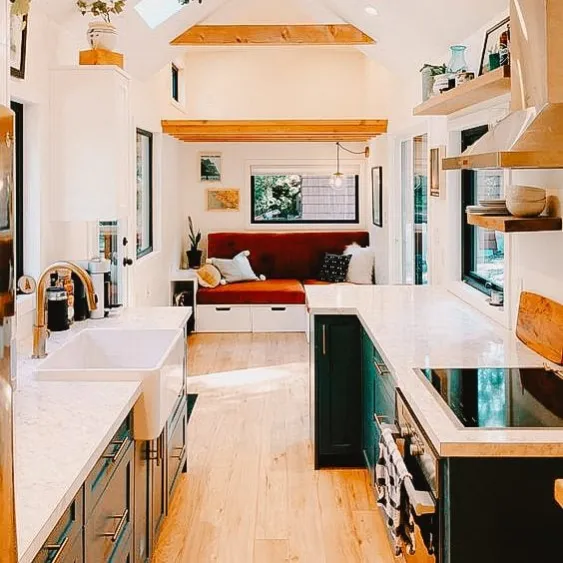Home
Everything You Need to Know: Comparing Mobile, Modular and Tiny Homes
The search for a small or mobile home can be long and confusing when you aren’t sure where to begin. You have also probably heard many different terms, from modular homes to mobile homes to manufactured homes to tiny homes. What is the difference between all of these? Is there even a difference? What is the best kind of home if you want an affordable place to
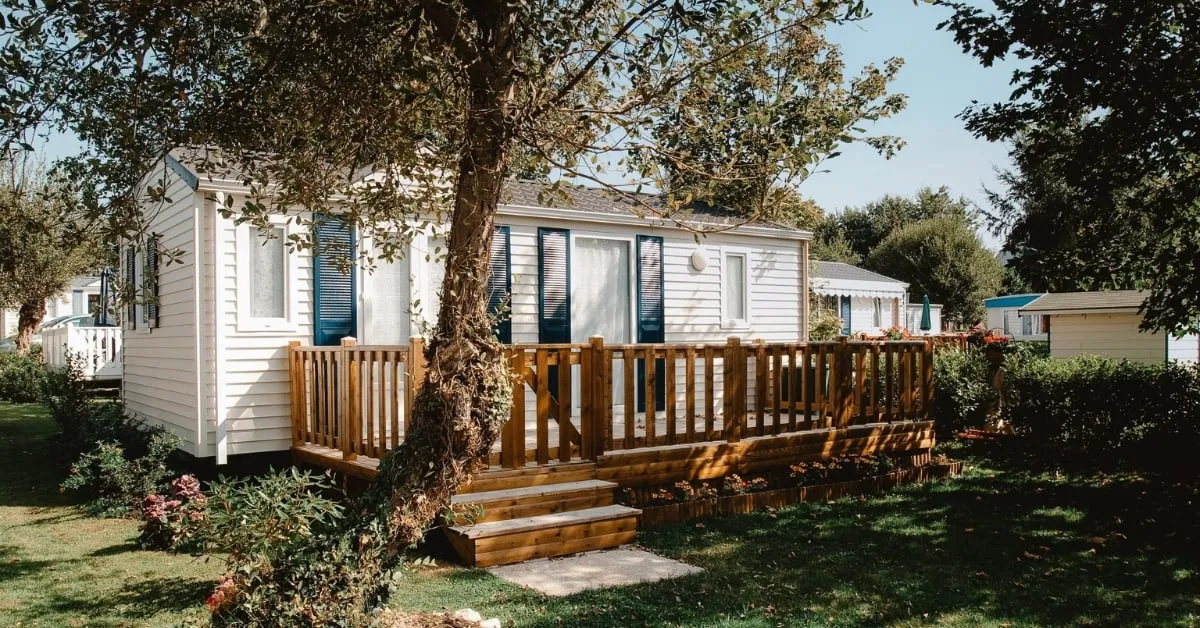
The search for a small or mobile home can be long and confusing when you aren’t sure where to begin. You have also probably heard many different terms, from modular homes to mobile homes to manufactured homes to tiny homes. What is the difference between all of these? Is there even a difference? What is the best kind of home if you want an affordable place to live?
All of these questions will be answered below, so you can choose the right kind of home for you.
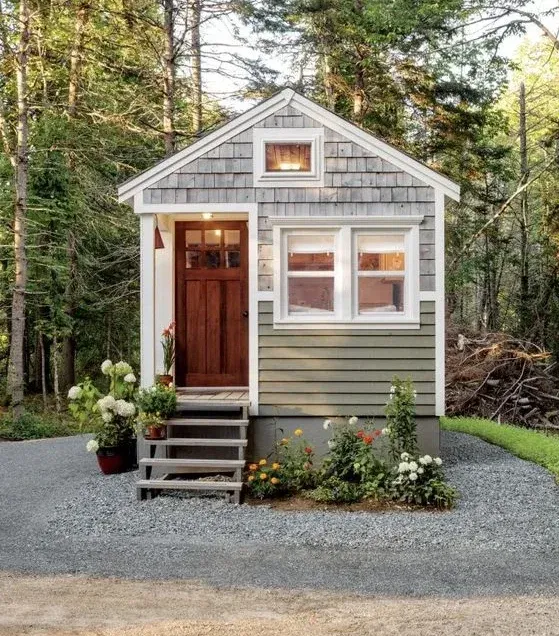
Mobile or Manufactured Homes
Before 1970, mobile homes were considered to be cheaply made housing units that didn’t comply with many standards. However, today they are quality and reliable homes, which is why manufactured homes is the new term used for “mobile homes”.
All parts of a manufactured home are built and put together in a facility. Once the home is completely built, it is delivered to the home site.
Pros:
- Affordable. Manufactured homes are usually a lower-cost option to buying a modular or tiny home. This also makes homeownership easier to achieve.
- Spacious. Since manufactured homes usually cost less per square foot than other types of homes, you can get more space for your money.
- Customizable. Although they are built in a facility, you can still customize some of the features and make it your own.
Cons:
- Typically, not easily movable. Despite their original name, “mobile homes” are typically less mobile than tiny homes. Once set up, they are usually stationary and cannot be easily moved.
However, screw piles are a great solution for this con. Screw piles can move with you and your house! Even though, moving a manufactured home will require some logistical planning, screw piles will make the process easier as they can be easily put in and out of the ground.
- Less self-sufficient. Manufactured homes tend to be less self-sufficient than tiny homes, requiring a dump station and other hook-ups.
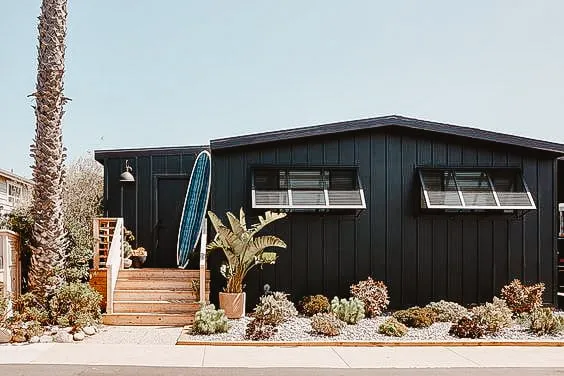
Modular Homes
Modular homes are built in a factory just like manufactured homes. Although, modular homes are built in pieces and then moved to the home site for final construction. Modular homes can be constructed on basements and crawl spaces or on concrete or screw piles.
Pros:
- Speed of construction. Modular homes can be built quickly, often faster than “regular homes”. Since modular homes are built in facilities, they are little risks of delays unlike “regular homes” which are often delayed due to weather and transportation of materials from different suppliers.
- Affordable. Since multiple modular homes are being built at the same time by the manufacturer, there are fewer costs associated with its construction.
Cons:
- Less customization. Modular homes can be built in various configurations, but because of how they are made, it is not as easy to customize them as it is to customize a manufactured home, for example.
- Cost of the land. While modular homes may cost less to build, you still need to purchase land to build the home on. The cost of land combined with the house can be a bit shocking if you are not prepared for it.
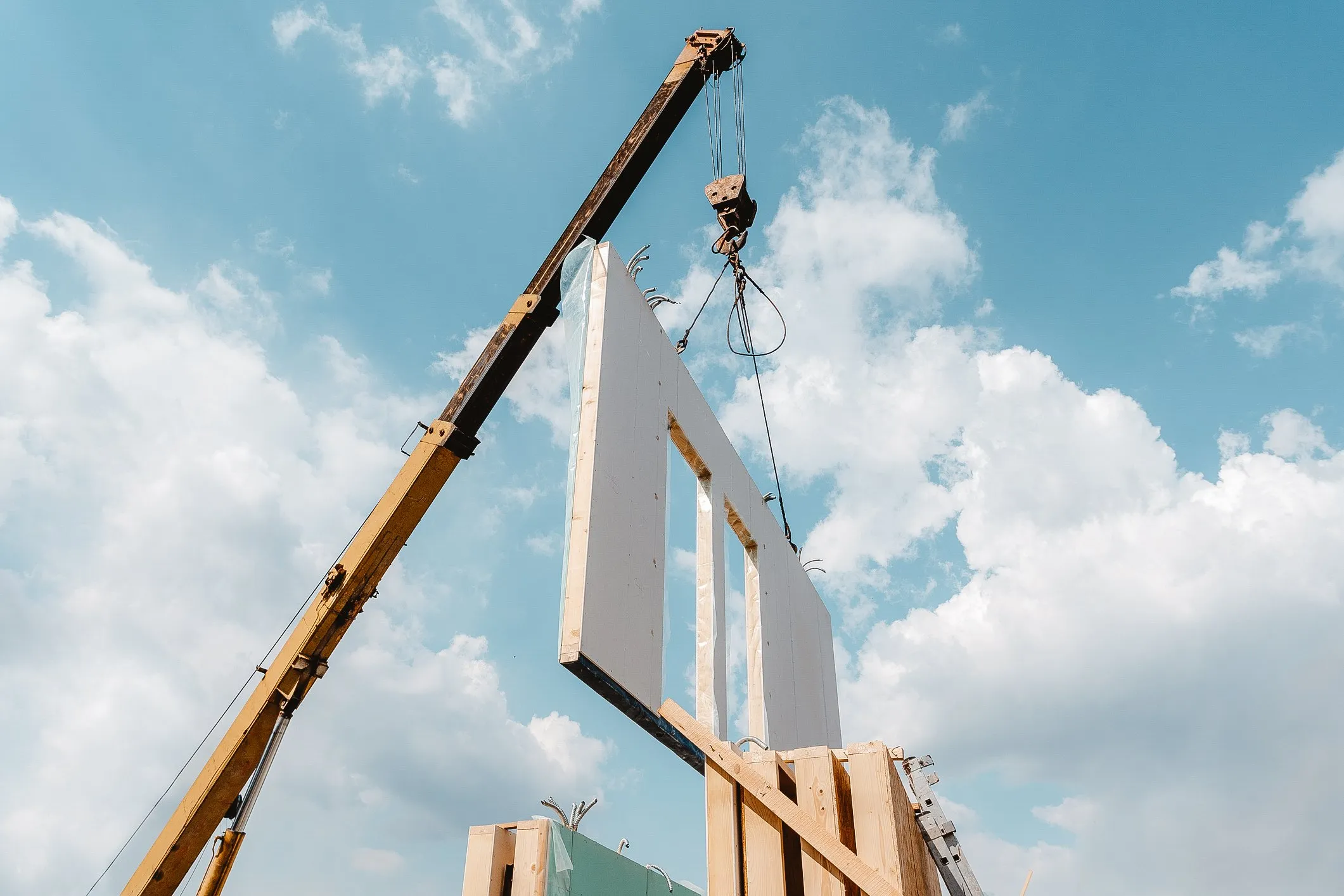
Tiny Homes
Tiny homes are very small houses that are not built to any codes or standards and are seen as independent living situations, compared to manufactured and modular homes. A lot of options are available for foundations when it comes to tiny homes. They can be built either on wheels or on a more permanent foundation like concrete slabs.
Pros:
- Mobility. Tiny homes can be stationary or mobile, but they are typically much easier to move from place to place. This makes them a highly attractive option for those wanting to travel.
- Self-sufficient. Tiny homes are usually designed to be completely self-sufficient, making them perfect for those who want to live off the grid.
- Environmentally sustainable. The size and efficiency of tiny homes make them more eco-friendly, as they require fewer resources to build and maintain than “regular homes”.
Cons:
- Less space. Having less space than most manufactured homes can make them less attractive to larger families.
- Higher cost. Tiny homes may only measure between 250 and 500 square feet, but they cost almost 90% more per square foot than manufactured homes. You do have a lot of freedom to design the home, but it may not end up being your cheapest option.
